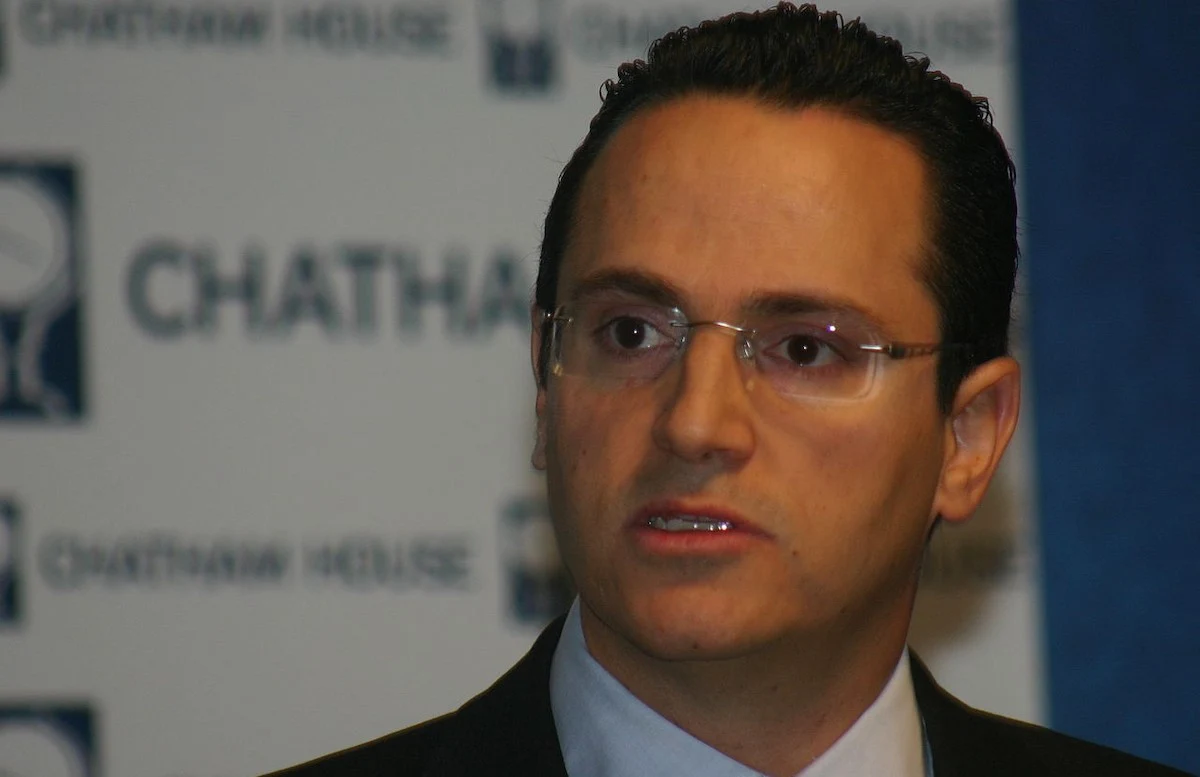Shell Dismisses Merger Rumors
Shell has issued a firm denial that it is in discussions to acquire British rival BP, quashing reports of what would be the largest energy sector transaction in decades. The company responded directly to a Wall Street Journal report on June 25 that claimed early-stage talks were underway regarding a takeover that could exceed $80 billion in value.
“This is further market speculation. No talks are taking place,” a Shell spokesperson said on June 25. “As we have said many times before, we are sharply focused on capturing the value in Shell through continuing to focus on performance, discipline, and simplification.”
A Tale of Two Overhauls
Both Shell and BP are undergoing sweeping strategic shifts as they recalibrate amid volatile energy markets, activist pressure, and rising global competition.
Shell CEO Wael Sawan has emphasized capital discipline, recently signaling a preference for share buybacks over major acquisitions. Shell is also repositioning with a moderate pivot back toward traditional oil and gas operations.
BP, meanwhile, is in the midst of a far more aggressive transformation. CEO Murray Auchincloss, who took the helm in late 2023, has abandoned a prior strategy that heavily emphasized renewables. That earlier plan included cutting oil and gas production by 40% by 2030—a move that alienated some investors and left the company vulnerable amid an oil price recovery.
Auchincloss now aims to grow BP’s fossil fuel business from the Gulf of Mexico to the Middle East. When asked directly about a potential Shell takeover, he demurred.
"I can’t really say anything other than we’re focused on our own business, our strategy, and driving it forward." — Murray Auchincloss, CEO, BP
Shrinking Valuation, Strategic Reversals
BP’s market capitalization has dwindled to $82 billion—less than half of Shell’s $211 billion and a fraction of ExxonMobil’s $470 billion. It also trails TotalEnergies ($140 billion) and ConocoPhillips ($113 billion), deepening concerns about BP’s long-term competitiveness.

The company has been shedding renewable and non-core assets, including its U.S. onshore wind portfolio, a 50% stake in solar firm Lightsource, and large parts of its offshore wind business via a joint venture with Japan’s JERA. It also sold a $1 billion stake in the TANAP gas pipeline and is reviewing its Castrol lubricants arm and Austrian retail fuel operations for potential divestiture.
BP Chairman Helge Lund, a supporter of the green energy push, is expected to step down by 2026.
Strategic Fit — and Strategic Doubts
Shell and BP share complementary global assets and are both headquartered in London, raising the possibility of efficiency gains and geographic synergies. Yet despite similarities, Shell’s leadership appears reluctant to pursue a megadeal that could risk its financial discipline and shareholder returns.
Earlier in the year, Shell began exploring the sale of parts of its chemicals business in regions like Texas, Louisiana, Germany, and the Netherlands to raise capital and streamline operations.
While Shell denies any active negotiations, analysts note that only a handful of companies—such as Exxon or Chevron—have the scale to consider a BP acquisition. However, those pairings would be less synergistic and more likely to involve large asset disposals.
The Industry Context
If realized, a Shell-BP deal would rival Exxon’s $80 billion merger with Mobil in 1999—the current record for energy sector M&A. It would also eclipse BP’s own landmark $48 billion acquisition of Amoco a year earlier.
But more than rewriting M&A records, such a merger would signal a deepening trend: a return to fossil fuel dominance, amid a more cautious, pragmatic approach to the energy transition. Both Shell and BP are now seeking profitable growth, not green prestige.
Still, for now, Shell is clear: speculation aside, its focus remains inward.
"The bar is set very high for any acquisitions." — Wael Sawan, CEO, Shell
Source: Fortune, June 25, 2025.






